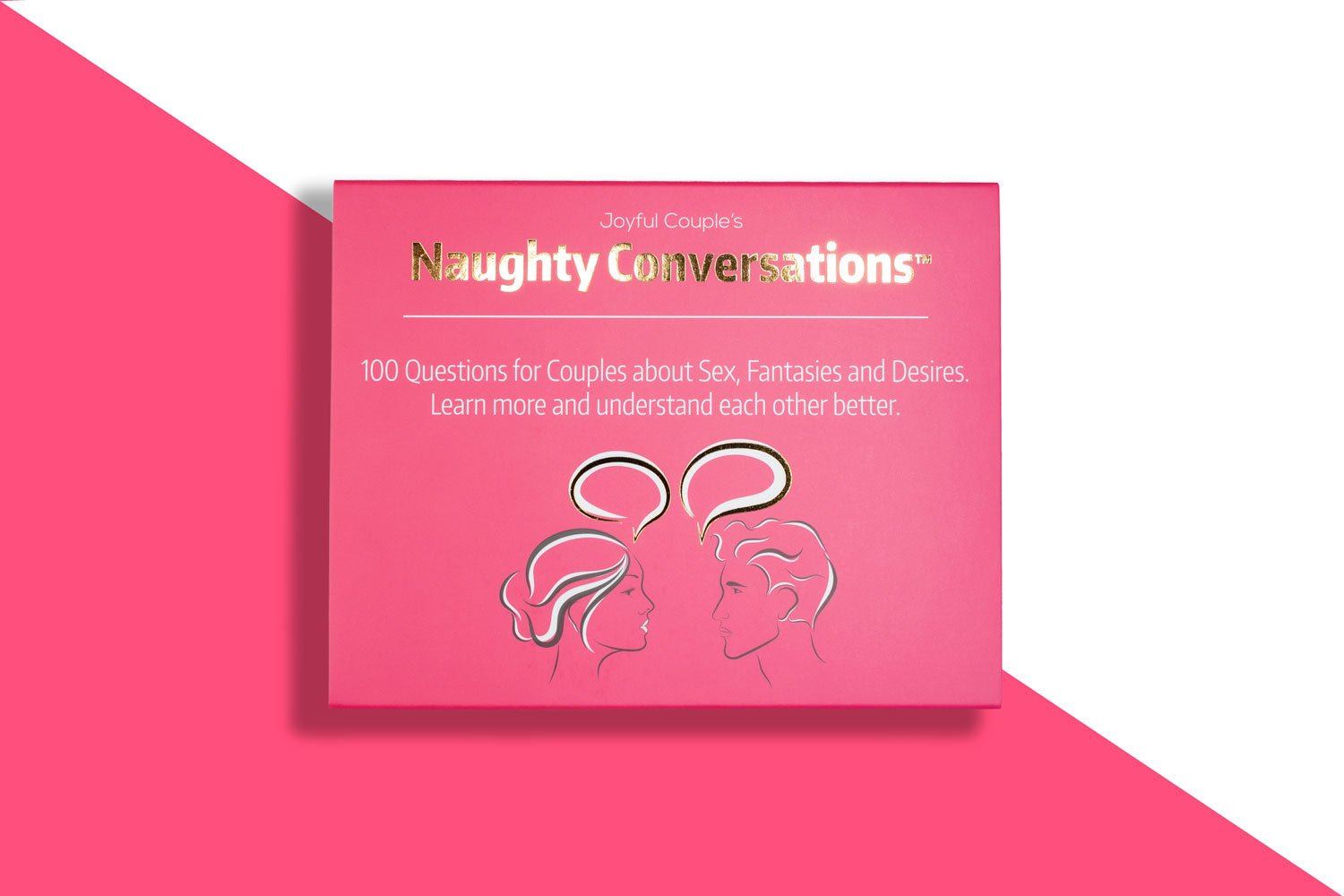Updated: July 8th, 2024
Ever feel like your relationship is a thrilling yet terrifying rollercoaster?
In the fast-paced world of modern relationships, the ups and downs can profoundly impact your mental health.
As an experienced couple, we've seen firsthand how the intricacies of love can influence our psychological well-being. In this blog post, we'll dive into 10 ways relationship issues can affect your mental health and share practical tips for maintaining a healthy and happy relationship. Get ready to transform your love life and safeguard your mental well-being!

The Mental Health-Relationship Connection
The quality of our relationships profoundly impacts our mental health and vice versa. A healthy and supportive relationship can buffer against stress and promote emotional well-being. Feeling loved, appreciated, and understood by our partner boosts our self-esteem and confidence, contributing to a positive mental state.
On the flip side, toxic relationships can be emotionally draining, leading to anxiety, depression, and feelings of worthlessness. According to the American Psychological Association, relationship problems are a significant source of stress for many individuals, contributing to mental health issues such as anxiety and depression.1
The broader implications of this connection are vast, as the mental health-relationship dynamic affects everything from daily functioning to long-term psychological health.
The Erosion of Self-Esteem
In a loving and supportive relationship, partners build each other up and celebrate their strengths. While occasional constructive criticism is healthy, constant criticism and negative behaviors can erode self-esteem and fuel other issues.
Persistent criticism can make someone feel inadequate and unloved, significantly impacting their self-worth.
"Relentless criticism doesn't just sting at the moment; it chips away at a person's self-esteem over time," says Dr. Ellen Hendriksen, a clinical psychologist. "When someone feels persistently attacked or belittled by their partner, it can lead to a deep-seated sense of worthlessness and insecurity."2
Tips to Protect Self-Esteem:
- Cultivate a Culture of Appreciation: Regularly compliment each other and focus on positive attributes. This practice can counterbalance negative feedback and reinforce feelings of being valued.
- Constructive Feedback: When issues arise, address the behavior or specific problem rather than attacking your partner personally. Use "I" statements to express how the behavior affects you, e.g., "I feel hurt when you..." instead of "You always...".
- Positive Reinforcement: Reinforce positive behaviors by acknowledging and appreciating them. This encourages more of the same behavior and fosters a positive environment.
- Conflict Resolution: Avoid personal attacks during conflicts. Instead, discuss the behavior causing the issue and work together to find a solution.
- Emotional Support: Provide and seek emotional support within the relationship. Being each other's cheerleader can significantly boost self-esteem and reinforce a positive self-image.
By implementing these strategies, couples can protect and enhance their self-esteem, fostering a healthier and more supportive relationship environment. This positive approach strengthens individual self-worth and promotes a deeper, more resilient connection between partners.
Managing Relationship Anxiety: Strategies for a Harmonious Partnership
Modern couples often lead hectic lives, juggling work, family, and personal commitments, which can lead to chronic stress and anxiety. Relationship issues, such as poor communication, harsh words, or unresolved conflicts, can exacerbate anxiety, creating a vicious cycle that strains the partnership.
To effectively manage anxiety within relationships, couples can adopt several strategies:
- Prioritize Communication: Open and honest communication is essential. Regularly check in with each other about your feelings and concerns. This practice helps prevent misunderstandings and reduces anxiety by fostering a sense of security.
- Schedule Quality Time: Make time for date nights or spend time together to reconnect. Whether it's a weekly dinner date or a nightly walk, consistent quality time can strengthen your bond and alleviate stress.
- Engage in Stress-Reducing Activities: Participate in activities that reduce stress, such as exercising, practicing mindfulness, or taking short vacations. These activities can help manage anxiety and improve overall well-being.
- Share Responsibilities: Divide tasks and responsibilities to avoid feeling overwhelmed. Working as a team ensures that neither partner feels burdened by their obligations, reducing stress and promoting balance.
- Seek Professional Help: If anxiety becomes overwhelming, consider seeking help from a therapist or counselor. Professional guidance can provide valuable tools and strategies for managing stress and improving communication.
Real-Life Example: Overcoming Anxiety Together
Case Study: Sarah and Mike, a couple married for five years, found themselves struggling with anxiety due to their demanding jobs and the pressures of raising two young children. Their constant stress led to frequent arguments and a growing emotional distance.
To address these issues, they decided to implement several strategies:
- Scheduled Date Nights: They established a weekly relationship time where they could focus solely on each other without the distractions of work or parenting duties. This regular time together helped them reconnect and enjoy each other's company.
- Mindfulness Practice: They started practicing mindfulness together, setting aside 10 minutes each morning for meditation. This practice helped them start their day with a calm mindset and improved their ability to handle stress.
- Task Sharing: They made a list of household chores and responsibilities and divided them fairly. This approach ensured that both partners felt supported and reduced their feelings of overwhelm.
- Therapy Sessions: Recognizing the need for professional help, they attended couples therapy sessions. These sessions provided them with tools to improve their communication and manage their anxiety more effectively.
By implementing these strategies, Sarah and Mike were able to significantly reduce their anxiety and strengthen their relationship. They learned the importance of prioritizing their mental health and supporting each other through life's challenges, leading to a more harmonious and fulfilling partnership.

The Technology Trap
Technology has revolutionized communication, but it can also create disconnection within relationships. Excessive screen time can significantly hinder effective communication and emotional connection, exacerbating relationship issues and creating a vicious cycle.
Studies, such as those published in the Journal of Social Science Computer Review, show that excessive use of smartphones and other devices can lead to decreased relationship satisfaction and increased conflict.3 This digital intrusion often prevents couples from engaging in meaningful, face-to-face interactions crucial for maintaining a strong emotional bond.
To strengthen your relationship, it's essential to set boundaries with technology. Dr. Sherry Turkle, an MIT professor, suggests that couples designate "device-free" times, such as during meals and intimate conversations, to foster deeper connections.4 Creating tech-free zones in some regions of your home, like the dining room or bedroom, can encourage more personal interaction.
Sharing activities such as board games, cooking, or walks without digital distractions can also enhance your emotional connection. By communicating openly about technology use and setting mutually agreed-upon rules, couples can ensure that their focus remains on each other, leading to improved relationship satisfaction and a stronger bond.
The Financial Fallout
Financial stress is a common and significant source of tension in relationships, often creating a vicious cycle where relationship issues lead to financial distress, which exacerbates relationship problems.
According to a survey by the American Psychological Association, 31% of adults with relationships feel that money is a major source of conflict in their relationships.5 This strain can lead to anxiety, resentment, and a breakdown in communication, further impacting mental health and the stability of the relationship.
Financial counseling can be an invaluable tool for couples facing these challenges. Working with a financial counselor allows couples to communicate more effectively about money, develop a joint budget, and set shared financial goals.
Statistics show that couples who engage in financial counseling report higher levels of relationship satisfaction and lower levels of financial stress. For example, a study by the Financial Therapy Association found that 90% of couples who underwent financial counseling felt more confident about their finances and reported significant improvements in their relationship dynamics.6
By seeking financial advice and learning to manage money collaboratively, couples can alleviate financial stress and strengthen their partnership.

Intimacy and Depression
Depression can dampen the flames of intimacy in a relationship, with feelings of sadness and detachment hindering both emotional and physical connections between partners. However, intimacy is multifaceted and encompasses more than physical closeness; emotional intimacy is equally crucial for a healthy relationship.
Emotional intimacy involves a deep sense of closeness and understanding, where partners feel safe sharing their innermost thoughts and feelings. Activities that foster this closeness include sharing dreams and fears, expressing gratitude, and supporting each other during vulnerable moments. For instance, regular "check-ins" where partners discuss their highs and lows can strengthen emotional bonds.
Our brand, Joyful Couple, offers tools and relationship games to enhance intimacy and emotional connection. Games like Life Conversations and Romantic Game encourage partners to engage in meaningful dialogue, explore each other's desires, and rediscover the joy of being together. These activities foster emotional closeness and provide a fun and interactive way to deepen your relationship.
By incorporating these tools and practices, couples can navigate the challenges of depression together, strengthening their bond and promoting overall relationship health. Seeking professional help and engaging in activities that build emotional intimacy can significantly improve both partners' well-being and the relationship's health.
Emotional Baggage
Unresolved past relationship trauma affecting current one or emotional baggage can significantly impact present relationships, creating barriers to open communication and trust. Lingering emotional issues can lead to internal stress and anxiety, making it difficult for partners to connect deeply and authentically.
Addressing past traumas is crucial for fostering a healthy emotional environment in any relationship. According to Dr. John Bradshaw, a renowned expert on emotional healing, "Healing the wounds of our past can transform our present relationships."
Therapy or counseling provides a safe space to explore and resolve these deep-seated issues. Professional guidance can help individuals process their traumas, understand their emotional triggers, and develop healthier coping mechanisms.
Letting go of blame and resentment is a crucial step in the healing process. It paves the way for trust and shared healing. Partners should strive to create a supportive environment where they can discuss their past experiences without fear of judgment. This mutual understanding fosters empathy and strengthens the emotional bond between partners.
The Art of Compromise
Healthy relationships require compromise and flexibility. Yes, sometimes one person can get what it wants completely, but if that happen over and over again, it causes tension. A lack of willingness to compromise can lead to constant tension and resentment.
So, embrace the art of compromise by being open to finding a middle ground. Avoid stubbornness and be willing to adapt to each other's needs and preferences. Remember that compromising doesn't mean giving up on what you want; it's about finding solutions that work for both partners.

Conclusion
Relationships are one of the most important aspects of human lives - so it is natural that good relationship will have positive impact, and bad relationship will have negative impact. So. relationship issues can take a significant toll on our mental health.
Still, we have the power to navigate these challenges with grace and resilience. By prioritizing effective communication, self-care, healthy conflict resolution, seeking professional help when needed, setting boundaries, practicing forgiveness, cultivating supportive relationships, engaging in self-reflection, and embracing change, we can mitigate the negative impact of relationship issues on our mental well-being.
To maintain a positive mental health-relationship nexus, prioritize open and honest communication. Be receptive to your partner's needs and emotions, and express your feelings openly. Create a safe space where both partners can discuss their concerns without fear of judgment. Practice active listening and empathy to understand each other's perspectives fully.
Remember, you are not alone in this journey. Reach out to loved ones, seek professional guidance, and prioritize your own self-care. Implementing these proven strategies can reclaim your mental health and foster a thriving, fulfilling relationship. Because you can rewrite your story and create a relationship that nourishes your mind, body, and soul.
As always, feel free to read other relationship tips and look around our store to find some thoughtful and sexy gifts for couples.
FAQ Section:
1. How do relationship issues affect mental health?
Relationship issues can significantly impact mental health by causing stress, anxiety, depression, and low self-esteem. When partners experience constant conflict, poor communication, or lack of support, it can lead to emotional exhaustion and a decline in overall mental well-being. According to the American Psychological Association, relationship problems are a major source of stress that can exacerbate mental health issues.
2. What are some effective ways to manage anxiety within a relationship?
Managing anxiety within a relationship involves open communication, prioritizing quality time together, and engaging in stress-reducing activities. Setting boundaries with technology, sharing responsibilities, and seeking professional help when needed can also be beneficial. For example, scheduling regular date nights and practicing mindfulness together can help reduce anxiety and strengthen your bond.
3. How can couples deal with financial stress in their relationship?
To manage financial stress, couples should discuss their finances openly, create a joint budget, set financial goals, and consider financial counseling. Couples can improve their communication about money matters and reduce financial anxiety by working as a team and seeking professional advice. The Financial Therapy Association found that 90% of couples who underwent financial counseling felt more confident about their finances and reported improved relationship dynamics.
4. How does past trauma affect current relationships, and what can couples do about it?
Unresolved past traumas can create barriers to open communication and trust, leading to stress and anxiety in current relationships. Partners must seek therapy or counseling to address and heal past wounds. Encouraging open dialogue about each other's emotional baggage and supporting each other in the healing process can foster a healthier emotional space and strengthen the relationship.
Citations:
1. American Psychological Association, Stress in America 2023, A nation recovering from collective trauma, https://www.apa.org/news/press/releases/stress/2023/collective-trauma-recovery
2. Psychologist Ellen Hendriksen: ‘We are each our own worst critic’, https://www.theguardian.com/science/2018/apr/14/ellen-hendriksen-we-are-each-our-own-worst-critic-social-anxiety-disorder-interview
3. Bouffard, S., Giglio, D., & Zheng, Z. (2022). Social Media and Romantic Relationship: Excessive Social Media Use Leads to Relationship Conflicts, Negative Outcomes, and Addiction via Mediated Pathways. Social Science Computer Review, 40(6), 1523-1541. https://doi.org/10.1177/08944393211013566
4. Dr. Sherry Turkle, The Flight From Conversation, https://www.theatlantic.com/technology/archive/2015/10/reclaiming-conversation-sherry-turkle/409273/
5. American Psychological Association Survey Shows Money Stress Weighing on Americans’ Health Nationwide, https://www.apa.org/news/press/releases/2015/02/money-stress
6. https://financialtherapyassociation.org/
7. John Bradshaw, Homecoming: Reclaiming and Healing Your Inner Child, https://www.johnbradshaw.com/books/homecoming-reclaiming-and-healing-your-inner-child
Related articles:
- Enhance Your Relationship with Emotional Intimacy: Key to a Healthier, Happier Life
- Have a Lasting Marriage by Doing These Simple Daily Habits
- How Deep Conversations Can Improve Relationships for Couples








